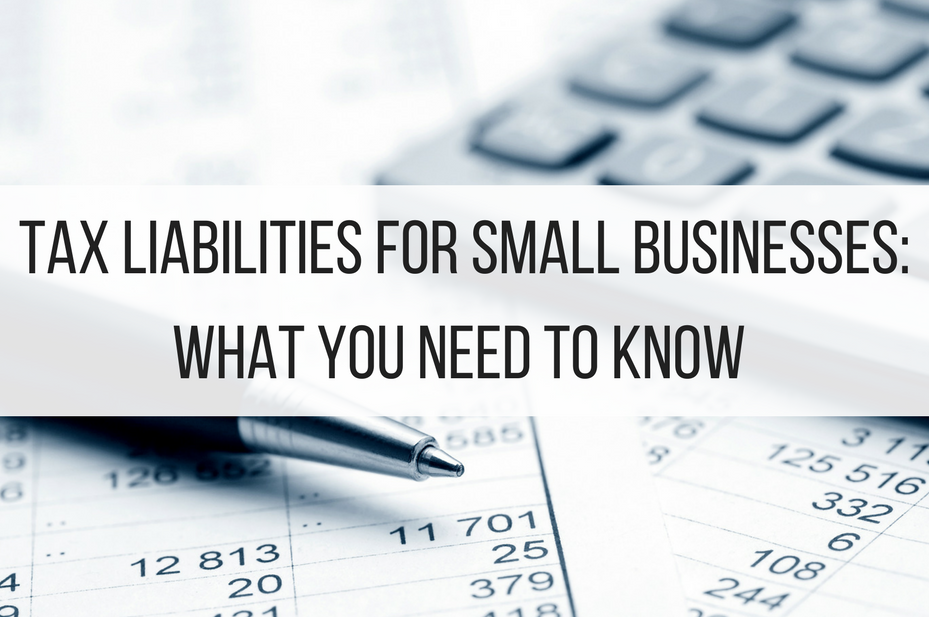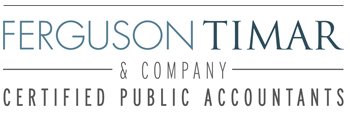
If you run a small business, it is important to be aware of how your company will be affected by taxes this year. It also helps to understand your full liabilities and how to maximize your deductions without drawing too much attention from the IRS. To make this tax season a bit easier on you and your business, here are five of the most important things you’ll want to know about your small business federal income tax.
1. Your legal entity makes a difference.
Not all small businesses are the same and not all of them incur the same tax burdens. Whether you have a sole proprietorship, LLC, DBA, S-corporation, C-corporation or partnership, each type of business has its own tax benefits and limitations. Do your research and consult your tax preparer to understand your company’s specific tax liabilities. If you are just starting your business, learn the differences so you can choose the right legal entity from the beginning.
2. There are a lot of deductions available.
Small business owners need to be resourceful to keep costs down and revenues up. Be sure to take advantage of the many tax deductible expenses. You should know exactly what you are able to deduct and keep accurate records and receipts for everything. The most common small business deductions are rent, office supplies, furniture, equipment, utilities, healthcare and mileage, though there are plenty more of which you’ll want to be aware.
3. Track your startup expenses.
You don’t need to be making a profit before you can start deducting business expenses. Keep records of all your startup expenses including licensing and/or incorporation fees, so you can maximize your deductions as your business starts to get off the ground.
4. Make your estimated tax payments.
In your first year of business, you may be exempt from making quarterly estimated tax payments. However, you are required to make them in all subsequent years. Understand what you may owe from quarter to quarter and utilize a small business tax expert like Ferguson, Timar & Company to help you calculate and file your quarterly estimated tax payments.
5. Understand self-employment taxes.
Self-employment tax consists of Social Security and Medicare taxes. You are responsible for paying your own portion of the self-employment tax, as well as the second half, which is usually paid by the employer. However, you can also claim half of what they pay as a tax deduction. It’s important to understand all aspects of self-employment tax.
Running a small business can be stressful enough, so it pays to have a tax preparation team on your side that knows all the different tax liabilities and understands how to help you maximize your deductions. For more information or to set up a small business tax consultation before the filing deadlines, contact Ferguson, Timar & Company today.

Leave a Reply